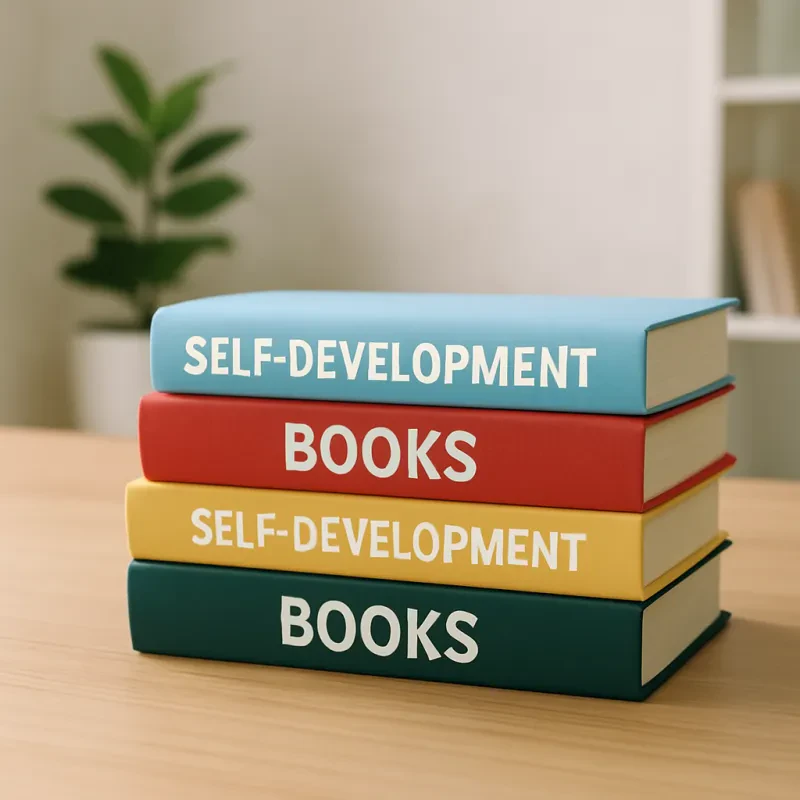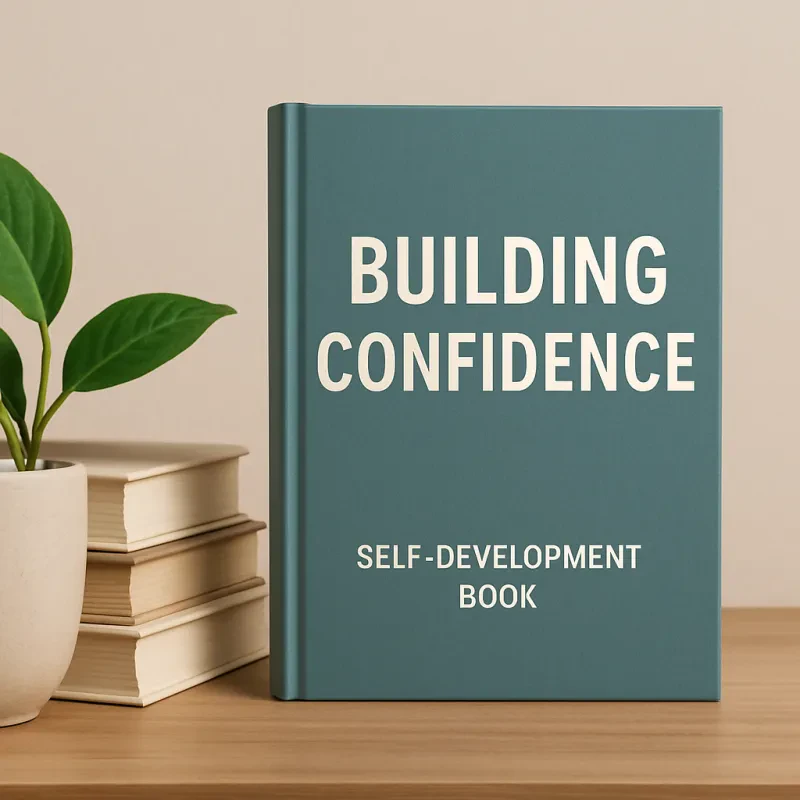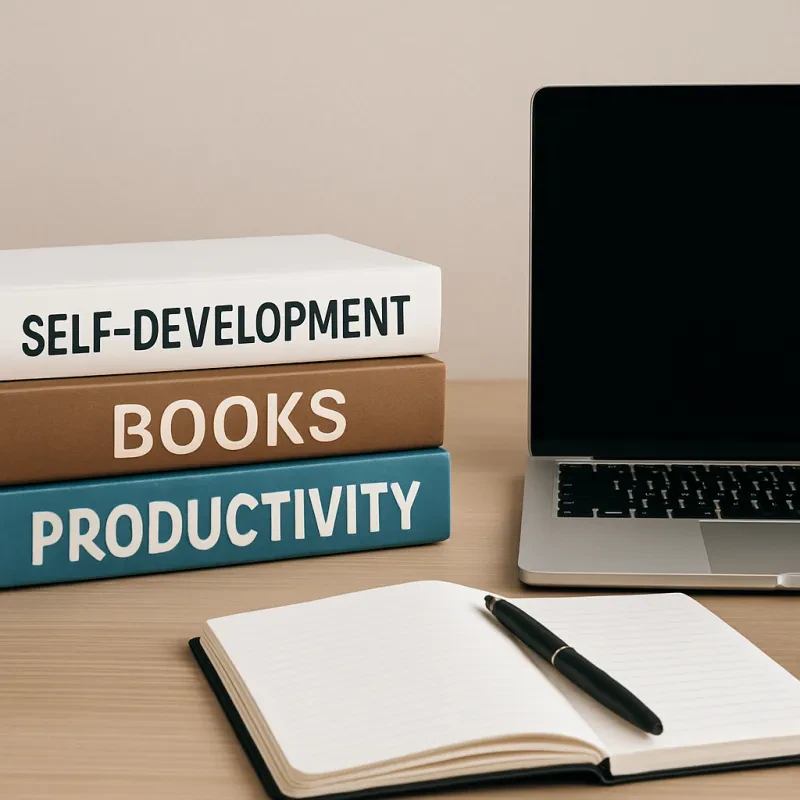I Am Growing Everyday: A Guide to Personal Development and Continuous Growth
Ever feel like you're just going through the motions? Like there's more to life than your current routine? You're not alone. Many folks yearn for something more, something better. Continuous growth isn't just a buzzword; it's a conscious choice to become the best version of yourself. This article is your guide. We'll explore how to unlock your potential through mindset, skills, habits, and reflection.
Cultivating a Growth Mindset for Daily Improvement
A growth mindset? What is it? It is believing that your abilities and intelligence can be developed. This is in contrast to a fixed mindset. A fixed mindset assumes our qualities are set in stone. People with a growth mindset believe they can improve with effort and learning. This belief is a game-changer.
Understanding the Power of Belief
Your beliefs are powerful. They shape your reality. They influence your actions. Believe you can learn something new, and you're more likely to try. Think you're bad at math? You might avoid it altogether. Change your beliefs, and you can change your life. If you think you can or think you can't, you're right.
Embracing Challenges as Opportunities
Challenges are tough, but don't run from them. Instead, reframe them. See them as opportunities to learn. A setback isn't failure. It's feedback. It is a chance to grow. Did you make a mistake? Good! Now you know what not to do. Every stumble is a lesson. You only truly fail if you stop getting up!
Overcoming Fear of Failure
Fear of failure can hold anyone back. It causes anxiety and stops you from taking risks. But failure? It's just a stepping stone. To manage that anxiety, start small. Take calculated risks. Focus on the learning process, not just the outcome. Celebrate small wins. Remember that everyone fails sometimes. It's part of being human.
Skill Development: Expanding Your Knowledge and Abilities
Continuous learning is essential. So is the development of new skills. These skills are crucial for meeting professional goals. Also personal ones. The world changes fast. New skills keep you relevant. You can stay ahead. What skills do you want to learn?
Identifying Skills to Develop
First, assess your current skills. Identify areas where you excel. Then find areas for improvement. A SWOT analysis can help. What are your Strengths? Weaknesses? Opportunities? Threats? Where do your skills fall short of your ambitions? What new skill would have the biggest impact on your goals?
Effective Learning Strategies
Many learning methods exist. Online courses are great. Books still work. Workshops offer hands-on experience. Mentoring provides personalized guidance. Practical application solidifies knowledge. Experiment to find what works best for you. Remember, learning is a journey, not a destination.
Setting Realistic Learning Goals
Set SMART goals. Specific, Measurable, Achievable, Relevant, Time-bound. "Learn to code" is vague. "Complete an online Python course in 3 months" is SMART. Break big goals into smaller steps. This makes the process less overwhelming. Celebrate each milestone.
Building Positive Habits for Sustained Growth
Habits shape behavior. They help achieve long-term goals. Positive habits create positive results. Bad habits hold you back. Building good habits is key to personal growth. One small, positive habit can change things.
The Science of Habit Formation
The habit loop is simple. Cue, Routine, Reward. A cue triggers a behavior. The routine is the behavior itself. The reward reinforces the behavior. Understanding this loop allows you to create new habits. Make the cue obvious, the routine easy, and the reward satisfying.
Implementing Small, Consistent Changes
Start small. Build momentum. Habit stacking is useful. Pair a new habit with an existing one. After you brush your teeth (existing habit), meditate for 5 minutes (new habit). Consistency is key. Small, daily actions add up over time.
Breaking Bad Habits and Replacing Them
Breaking bad habits is hard. First, identify your triggers. What situations or emotions lead to the habit? Then, substitute the bad habit with a positive one. Instead of smoking when stressed, try deep breathing. Changing your environment can also help.
The Importance of Reflection and Self-Awareness
Reflection helps with understanding of progress. It also identifies areas for adjustment. It keeps you motivated. Self-awareness is knowing your strengths and weaknesses. Introspection is key to understanding yourself. When you know yourself, you can grow yourself.
Journaling for Self-Discovery
Journaling is a powerful tool. It helps process thoughts and emotions. Write about your day. Reflect on your successes and failures. What did you learn? What could you have done differently? Prompts can help. "What am I grateful for today?" "What challenges did I face?"
Seeking Feedback from Others
Constructive criticism is valuable. Ask for feedback from trusted sources. How do others perceive you? What are your blind spots? Be open to hearing the truth, even if it's hard. Use feedback to improve. Be open to hearing what you need to hear, not what you want to hear.
Celebrating Milestones and Acknowledging Progress
Acknowledge your achievements. Celebrate milestones, no matter how small. This will boost your motivation. It reinforces positive habits. Treat yourself when you reach a goal. Recognize how far you've come.
Putting It All Together: Creating a Personalized Growth Plan
Synthesize these principles. Create an actionable plan. A personalized growth plan. This will guide your journey. It will keep you focused. It will help you achieve your goals. How can you put all these things into practice?
Defining Your Vision and Values
Align your growth plan with your values. What's important to you? What kind of person do you want to be? Your vision should inspire you. Your values should guide your decisions. When your actions align with your values, you'll find fulfillment.
Creating a Daily/Weekly Routine for Growth
Incorporate learning into your routine. Make time for skill development. Schedule reflection. A daily routine could include reading for 30 minutes, working on a project for an hour, and journaling for 15 minutes. A weekly routine might involve taking an online course or attending a workshop.
Tracking Progress and Making Adjustments
Monitor your progress. Use a journal or app to track your habits and goals. Identify roadblocks. Adjust your plan as needed. Don't be afraid to experiment. Your growth plan should be flexible. It should adapt to your evolving needs.
Conclusion
You're growing everyday. Personal growth is a continuous journey. Embrace the growth mindset. Develop new skills. Build positive habits. Reflect on your experiences. Create a personalized growth plan. Commit to your journey. The best version of you awaits.



